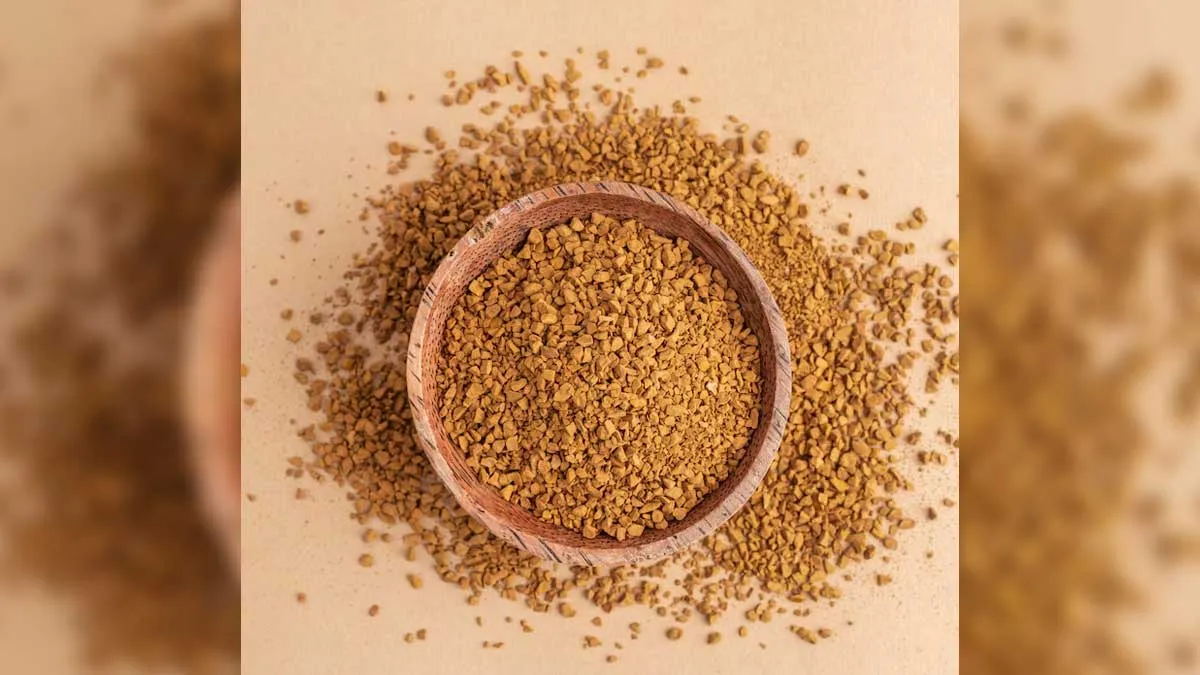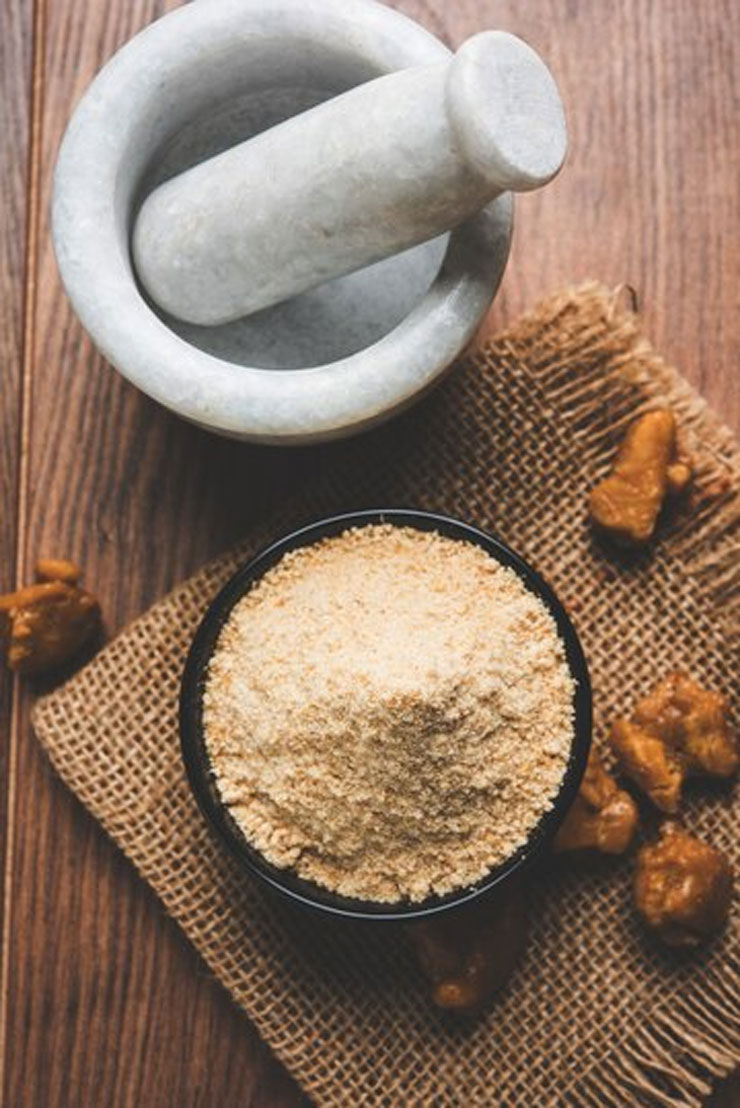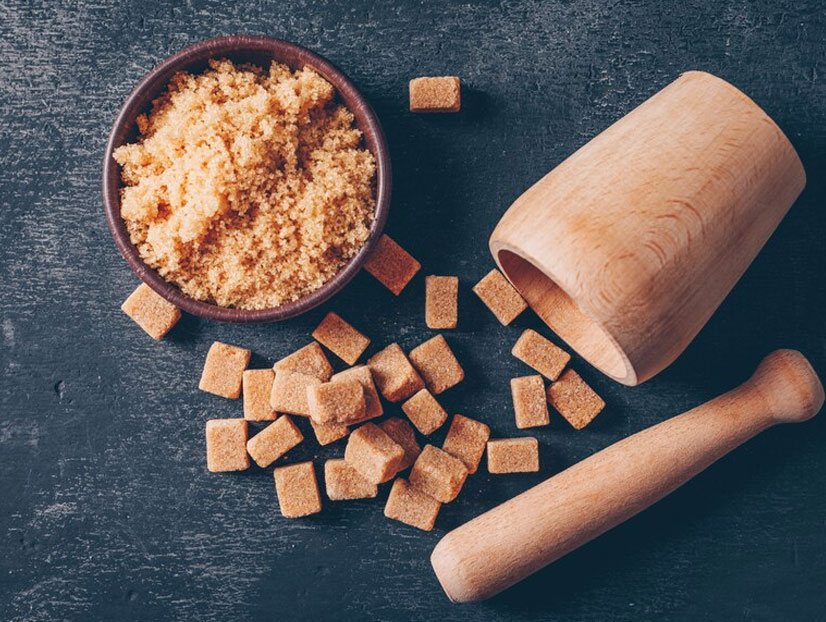
Hing or Asafoetida is a common culinary ingredient in every Indian Kitchen. Apart from its culinary usage, it is also employed as Ayurvedic medicine. It has been used to aid digestive issues for ages. To dive deeper into the benefits and cons of Hing, we spoke to Ms Vedika Premani, Clinical dietician, at Sir H.N. Reliance Foundation Hospital, Mumbai. Scroll down to learn more about Hing.
Here are the benefits of Hing:
Ms Vedica highlighted that hing is a good source of antioxidants. It contains antioxidants such as tannins and flavonoids which help protect the cells against damage from free radicals and help prevent chronic inflammation and diseases such as heart disease, and type 2 diabetes.
Vedica mentioned that hing helps with digestion by increasing the activity of digestive enzymes. Studies have shown that people consuming hing in concentrated forms have helped in the relief
of bloating, indigestion and overall gut state. However, limited studies are available.

Hing also has antibacterial, antifungal, and antimicrobial effects.
According to Vedica, some studies which have used concentrated forms of hing have shown benefits in regulating blood pressure, protecting against nerve damage, relieving asthma symptoms and regulating blood sugar levels. However, studies are limited; and the use of hing for culinary purposes is in very small quantities which may exert minimal benefits.

Don't Miss: Ghee To Cumin Seeds: 4 Kitchen Ingredients That Can Help You Manage Migraine
Here are the side effects of Hing:
Excess of anything can be toxic. According to Vedica, excessive doses of hing in an extract form can cause gas, diarrhoea, headache and mouth swellings but since it is typically used as a condiment in small amounts, side effects are rare.

Vedica highlighted that animal studies with hing extract have shown hypotensive and anticoagulant effects It may not be gluten-free, since when hing has to be used as a spice, it is often mixed with either wheat flour or rice flour. Hence, people with gluten intolerance must be careful while reading the ingredient list.
Don't Miss: 4 Benefits Of Adding A Pinch Of Salt To Your Water This Summer
It is always recommended to consult a doctor before consuming hing or adding it to your diet.
Image Courtesy: Freepik
Our aim is to provide accurate, safe and expert verified information through our articles and social media handles. The remedies, advice and tips mentioned here are for general information only. Please consult your expert before trying any kind of health, beauty, life hacks or astrology related tips. For any feedback or complaint, contact us at compliant_gro@jagrannewmedia.com.